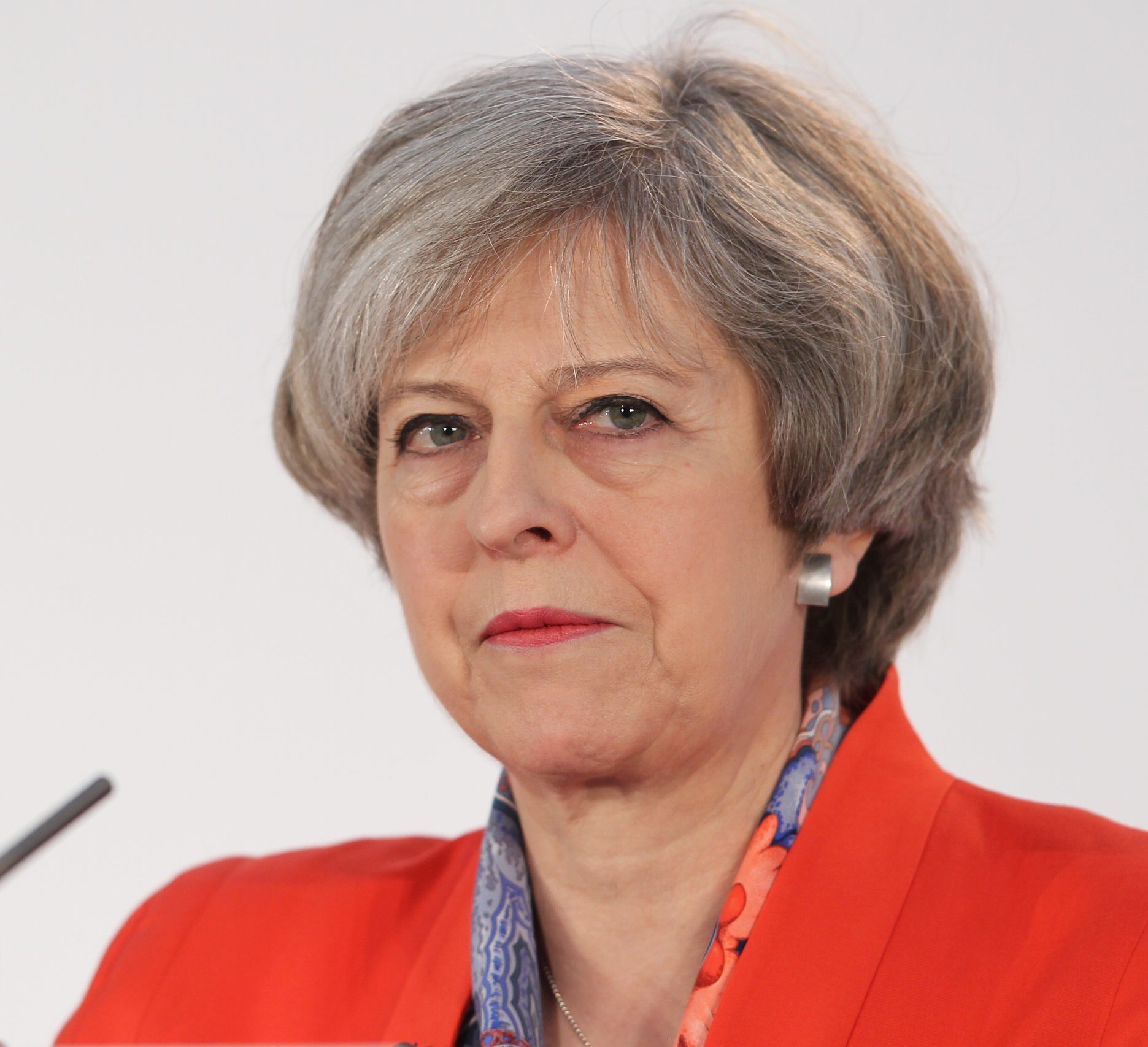It has been said time and time again, in the digital age, we are connected in more ways than ever before. There are those who argue that with the incredible advancement of technology, on an almost daily basis, we are increasingly living in intense and dangerous times.
By using cyberspace, there is an ease to which organizations such as Isis can hypnotize the young, angry and disillusioned into finding “security” in extremist activities. These organizations pray on the weak and preach hatred and brutality, (particularly of western ideals) under the guise of religion.
British Prime Minister, Theresa May has spoken publicly about the need to regulate the internet by putting in place “new international agreements,” in light of the recent London Bridge terror attack in which eight people were killed and forty-eight were injured in a vicious and shocking attack.
“The incident came less than three months after five people were killed in a similar vehicle-ramming attack in Westminster and less than two weeks after a bombing in Manchester killing twenty-two.”
These attacks have become more frequent, particularly in densely populated areas that are frequented by tourists. Ms. May states that by “introducing new rules for cyberspace, it would deprive the extremists of their safe spaces online,” and that technology firms were not currently doing enough.”
She met with French president, Emmanuel Macron back in June, for a bilateral meeting at San Domenico Palace Hotel in Taormina, Italy, “to tackle radicalization with fines for tech companies that do not take action.”
The tech giants on top of this list are Facebook and Google, and will face strict penalties if they “do not step up efforts to combat online radicalization.”. In particular, the two leaders have discussed implementing a “new legal liability” for such companies, “that fail to remove inflammatory content, which could include penalties such as fines.”
Prime Minister May is also focusing on YouTube, which to this day, is still showing illegal propaganda videos “for banned jihadi and Neo-Nazi extremists.” She has stated that the British, along with the French government, are in alignment in their “total condemnation of terrorism and our commitment to stamp out this evil.”
After the London attack, Prime Minister May gave a speech in which she “vowed to clamp down on internet hatred. She accused big internet companies of giving terrorist ideology “the safe space it needs to breed” online.”
There are critics of Ms. May’s desire to clamp down on the platforms that promote free speech, including British MP, and former Liberal Democratic leader, Tim Farron. He has expressed that her plan for further regulation of the internet was state censorship, and was “not the answer.”
There is a fine balance in the desire to keep the world safe from terrorist activity, and in allowing all people to freely express their opinions, however frightening they may be.


